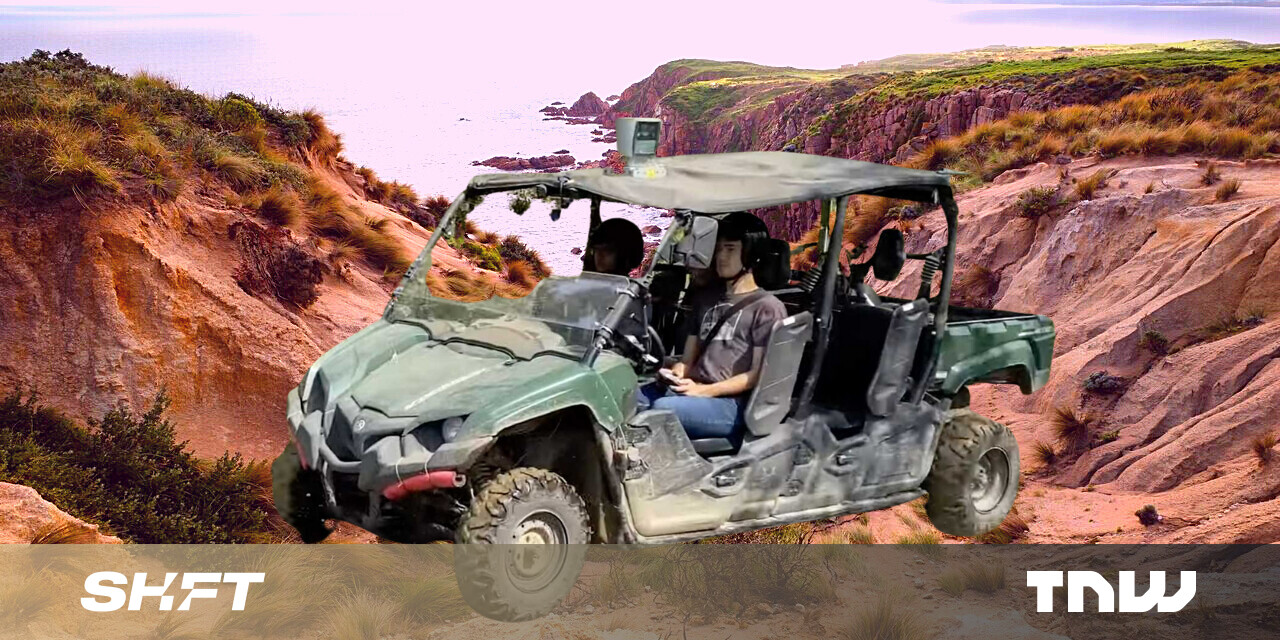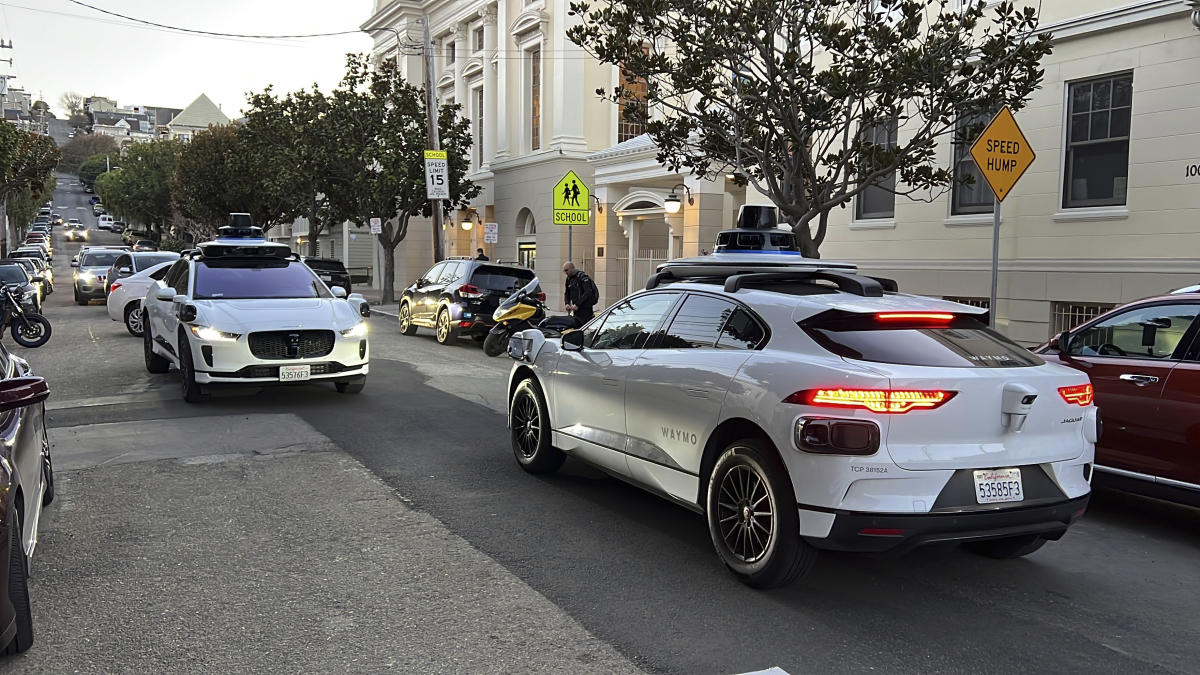#Robotics researchers create data to train autonomous all-terrain vehicles

Table of Contents
“Robotics researchers create data to train autonomous all-terrain vehicles”
Researchers from Carnegie Mellon University wanted to find out. They took an all-terrain vehicle off-road. With researchers on board, it traveled through challenging situations such as driving through dense vegetation and puddles. It was put through the paces with aggressive driving up and down hills, at speeds of 30mph (48mph), and sharp turns.
The researchers generated a dataset called TartanDrive. It consists of roughly 200,000 off-road driving interactions on a modified Yamaha Viking ATV. This included seven unique sensing modalities in diverse terrains. They believe this to be the largest real-world, multimodal, off-road driving dataset in terms of interactions and sensor types.
In the future, automakers could use the data to train autonomous off-road vehicles.
Most research focuses on urban environments. In a literature review, the researchers note that current off-ride driving sets tend to focus on understanding environmental features instead of the interplay between the robot and the environment.
So this data provides a valuable resource for future research.
What are the practical use cases for an autonomous all-terrain vehicles?
Carnegie Mellon researchers aren’t the only people focused on accelerating vehicle automation in all-terrain vehicles.
It’s foreseeable that the military could deploy an autonomous all-terrain vehicle in warfare scenarios, or as part of a search and rescue mission.
Probably the best-known R&D in the area is the Defense Advanced Research Projects Agency (DARPA) and its Grand Challenge, where teams raced off-road autonomous vehicles across rugged terrain in the Mojave desert.
Currently, DARPA is focusing on off-road simulation to accelerate vehicle testing further. In April, researchers from Intel Labs, the Computer Vision Center in Barcelona, and the University of Texas won a contract to develop advanced simulation solutions for off-road autonomous ground vehicles.

The off-road simulation platforms aim to significantly reduce the development cost and bridge the gap between simulation and the real world.
DARPA has invested in autonomous vehicle development in military applications for a long time. But it’s also easy to see a role for an autonomous ATV in agricultural or industrial labor roles.
Will R&D lead to a commercial rollout?

At CES 2019, Honda unveiled the 3E-D18, an autonomous off-road workhorse. It comes with a customizable rail system instead of a seat or handlebars. Largeairless tires help the vehicle traverse obstacles.
The company is working with partners to beta-test and evaluate use cases in a large-scale solar operations company in North Carolina. A wildland firefighting division in Colorado is also testing the vehicle as well as an agricultural and environmental sciences college in California.
It’s currently a conceptual vehicle, but the R&D offers scope in the future for a commercial rollout.
In some respects, it’s surprising that off-road autonomous ATVs haven’t yet evolved further. After all, there’s no need to follow road rules or speed limits. But developing training data is hard. It involves not only collecting data, but developing the learning models required. There’s a long way to go from research to commercial viability. But as the technology evolves, so do the potential use cases, especially in industrial and agricultural settings.
If you liked the article, do not forget to share it with your friends. Follow us on Google News too, click on the star and choose us from your favorites.
For forums sites go to Forum.BuradaBiliyorum.Com
If you want to read more like this article, you can visit our Technology category.




